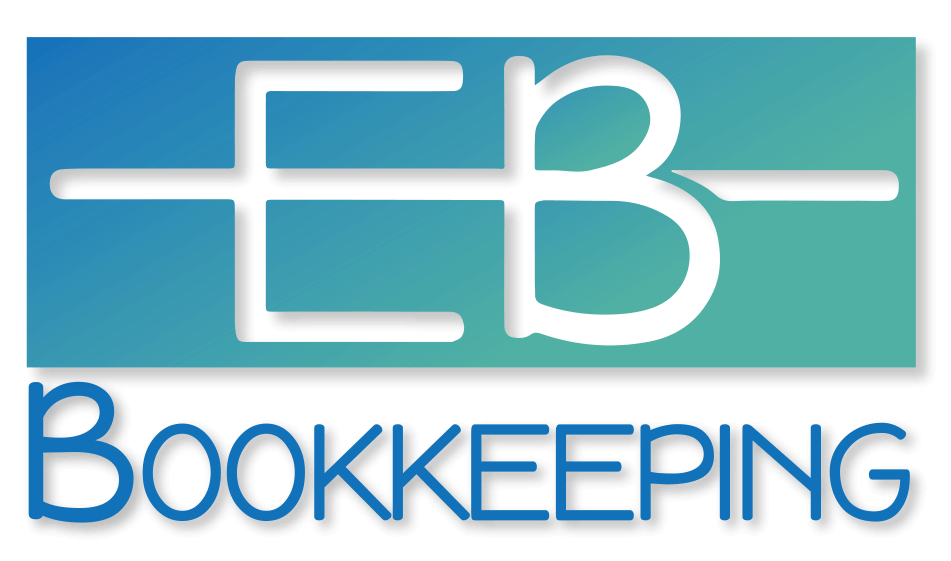Are you sick of late or missed payments wreaking havoc with your cash flow?
You’re not alone.
According to a survey carried out by NerdWallet, well over half of businesses in the UK still have outstanding invoices from the 2022/23 tax year.
If you’re one of them – or you have been in the past – you’ll know just how much of a strain this tardiness can place on your operations, particularly in these challenging economic times we’re living in.
Late payments can have a very real impact on your operations. In the best-case scenario, you may need to temporarily reduce your overheads by cutting your spend, pausing recruitment, and freezing pay rises and bonuses. If things escalate, I’ve known of plenty of instances where business owners have had to take out a business loan to keep their heads above water, or even make redundancies to cope with the financial shortfall.
That’s not to mention all the time and energy you’ll be wasting on chasing payments time and time again.
Bringing late or missed payments up with your clients can be tricky. Here are six techniques you can try:
1. Setting up automatic payment reminders in your accounting software
Depending on which platform you’re using, you can specify the number of reminders you want to send, and what details you want these reminders to include.
For example, you could create a reminder saying invoice xx is due for payment in xx days, then another on the day the payment is due (or just after) saying invoice xxx is xxx days overdue and including payment details. From here, you could schedule reminders for once a week or once a month until the money has been received.
Usually, you can attach a statement to make it super-easy for the client to see how much they owe.
I know what it’s like, though – sometimes these kinds of regular messages just won’t work for particular clients. You can turn reminders off for certain recipients if they are going to be more sensitive to them, or you feel they will negatively affect your working relationship.
2. Have a conversation over the phone
For those consistent non-payers – and specifically those who choose to ignore your reminders! – a phone call will be necessary. Though you might be frustrated (and rightly so), my advice here is always to remain calm, stick to the facts, and be persistent.
3. Make it clear that late payments will not be tolerated
For persistent late payers, it’s worth bringing in consequences.
As per the UK’s Late Payment Legislation, you are legally entitled to claim interest, compensation and reasonable costs for debt recovery on any invoices that are more than 30 days overdue. So, you could consider charging late payment fees; adding interest to your invoices at regular intervals until the debt is cleared; or halting work altogether until the payment has been settled.
It sounds harsh, and it can be uncomfortable to impose these kinds of terms – but sometimes tougher action is needed!
4. Ask clients to set up direct debts or standing orders
It’s worth asking your clients to sign up to a direct debit. This way, you’ll no longer have to chase them at all, as payment will be made automatically as soon as the invoice is issued.
5. Suggest a payment plan
If the issue isn’t in the client’s willingness to pay but their ability to pay, talk to them to see what’s manageable.
Many businesses go through periods where cash flow is tight, and just need a bit of respite until they’re in a better financial position. Rather than taking the hard line and potentially damaging your relationship for good, often the best way to resolve the problem is to offer a fair payment plan that works for everyone. This is a great way to protect your working arrangement and encourage loyalty to your business, all while ensuring you get back what you are owed (even if it takes a little longer than you’d like).
6. Involve a debt collection agency as a last resort
Nobody wants to go down this track – but if an invoice is more than 90 days overdue, and it seems like your attempts at communication are being ignored, it’s time to get the debt collectors involved. Late Payment Legislation permits you to add the cost of using a third party debt collection agency to the total owed, so you don’t need to worry about being out of pocket.
Two final pieces of advice from me:
- Make sure your account details are displayed clearly on your invoice. You’d be amazed how many businesses send out their bills without giving their clients the information they need to make the transfer.
- Make sure your invoice has actually been sent to the client. They can’t be expected to pay it if they haven’t received it!

